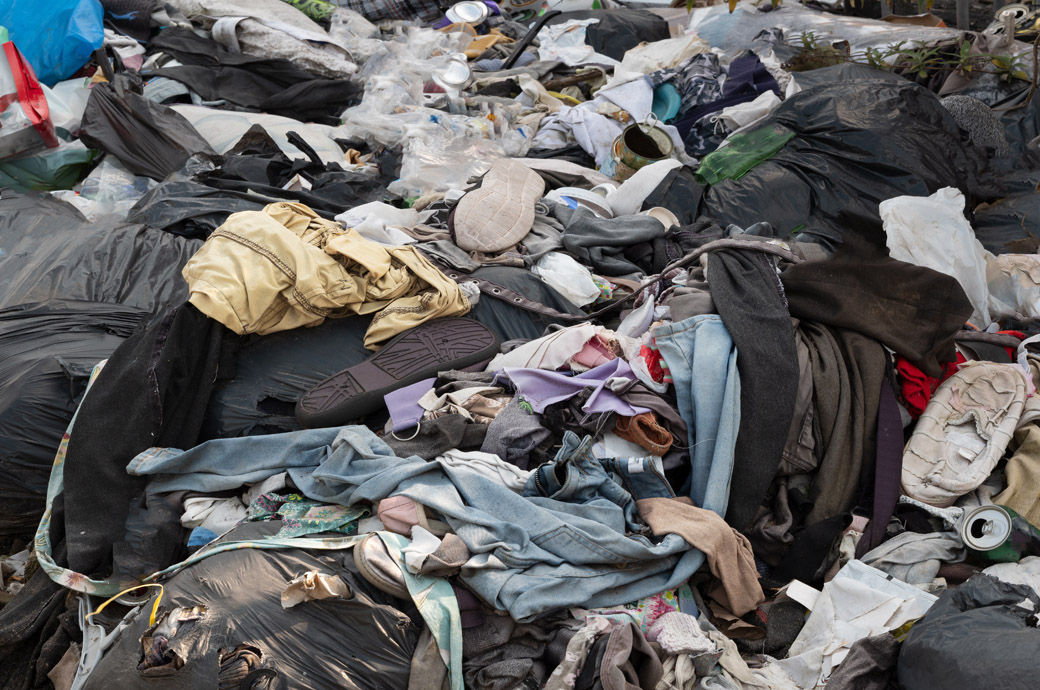
If imported textile waste, which often contain harmful chemicals, is not effectively managed, it could lead to soil and water contamination and harm ecosystems and public health, she said while launching a report by Greenpeace Africa on the toxic impact of fast fashion on Ghana in Accra.
Ghana is drowning in fast fashion waste, with children drinking, eating and breathing microplastics, she was cited as saying by a news agency.
Urging the government in Ghana to promote sustainable fashion, Dena said the trade in used clothing usually involved smuggling, making it difficult to trace the origin of the articles, and as a result, Africa has turned a dumping ground for Europe’s unwanted textiles.
To avoid the extra regulations associated with waste exports, textile waste is often misclassified or labelled as used clothes, when in it is actually unusable trash, she said.
She urged the government to implement the ‘polluter pays principle’ to address environmental and health damage, and to adopt systems in the Global North that recognised and mitigated risk associated with the international trade of used clothing.
Fibre2Fashion News Desk (DS)